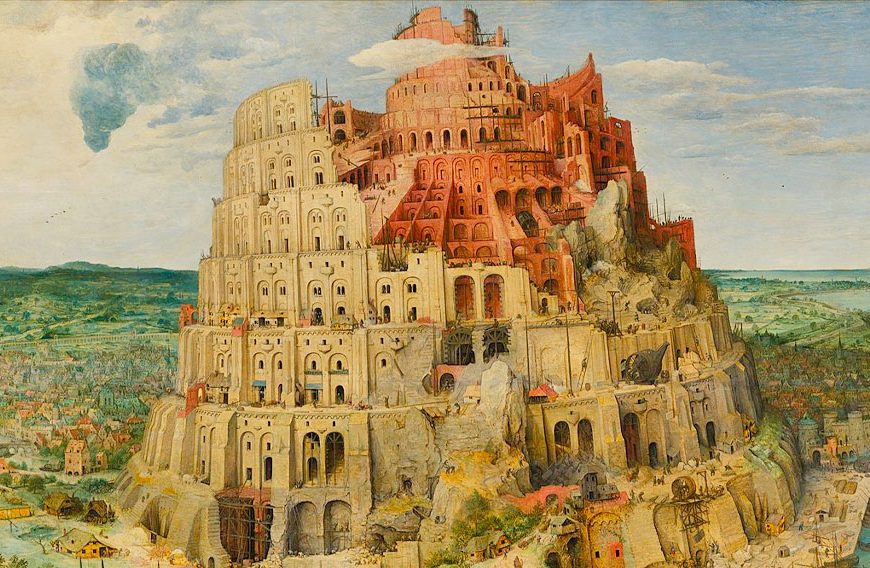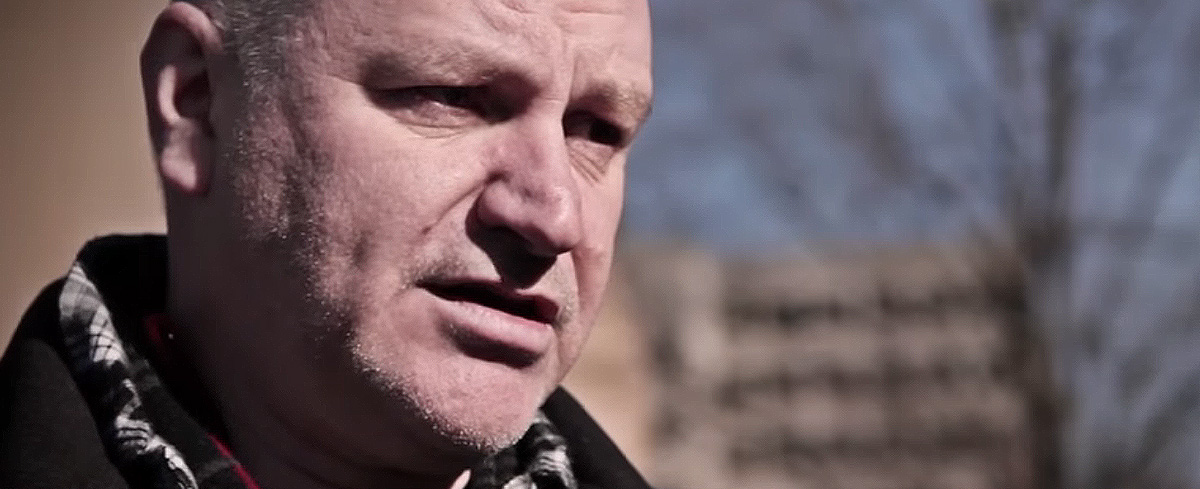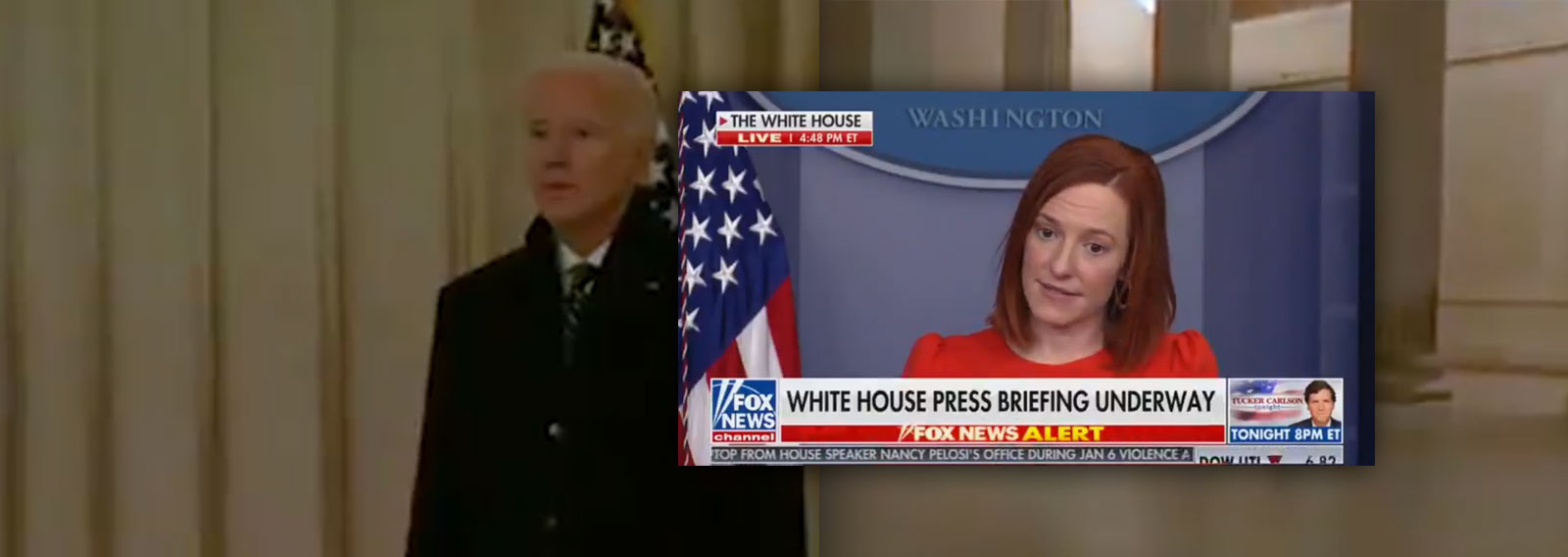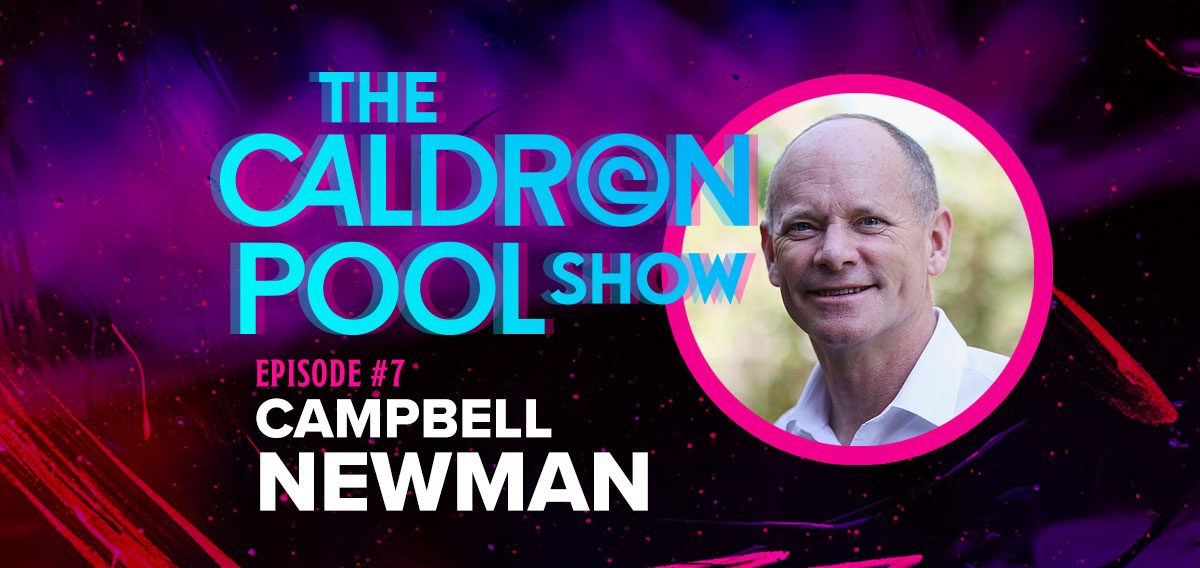Since 2014 I’ve been committed to considering what different things God might have to say at the close of Christmas. Traditionally this is Epiphany, the 6th January, marking the end of the twelve days of Christmas.
Magi from the East (Persia), following the star (likely to be the well-timed rare alignment of three planets in our Sol system; a Nova or Super Nova) find confirmation of Micah 5:2: “but you, O Bethlehem who are too little to be among the clans of Judah, from you shall come forth for me one who is to be ruler in Israel, whose origin is from old, from ancient of days.”
The Magi, after arriving in Jerusalem, are sent by the malicious, King Herod, to Bethlehem. The order is: ‘diligently search for the child and report back’ (Matthew 2:9). The Magi are once again ‘guided by the star that they had seen when it rose before them’ (ibid). At this the Magi ‘rejoiced exceedingly with great joy’ (Matthew 2:10). Arriving at the house where Mary and Joseph now reside, the Magi gift their famous tribute of gold, frankincense and myrrh.
This sacrifice honours the One whom they have sought to honour. Their mission is complete. Their journey comes to an end, and they’re offering enters them into a history they never intended to be included in. The Magi aren’t Jewish, but they know the Old Testament; they know of the Jewish prophets. From the East the Magi arrived, perhaps with apprehension and anticipation, but by the time that they end up leaving, they leave having that apprehension and anticipation answered with great joy. The Magi are not disappointed.
With their own eyes they not only see, but joyfully participate in the confirmation of the prophet Micah’s significant foretelling of the birth of the one who comes from the Ancient of Days; the birth of The King of Israel, in insignificant Bethlehem.
This great joy emboldens the Magi. They take heed of a dream in which they are warned not to return to King Herod. This is later justified by Herod’s command to kill all male infants aged two and under, in Bethlehem and the surrounding region.
Like the Magi’s visit and their presenting of gifts to the infant Christ (Matthew 2:11), Epiphany is a time of stepping back and gifting God with the attention of our hearts and minds.
Wise men still seek Him, and Epiphany (the traditional close of Christmas celebrations and contemplation) is a good place to end one year and begin another.
Instead of us making our own resolutions, it’s a good time to seek out the resolutions God has already made towards us. Understanding that we ‘worship by the Spirit of God, glory in Christ Jesus and put no confidence in the flesh’ (Philippians 3:3); and that we can rely on His strength to do so, not solely our own.
Looking to what God has already revealed about Himself, we ask, what can we draw from God’s self-revelation that will take us into the New Year with confidence?
What is it about God’s self-revelation that will help us build on God’s resolution towards us, one that outlasts vain and clichéd New Years Eve promises?
Epiphany is not without substance. The great joy of the Magi is not without justification.
They may leave empty-handed, but they don’t leave empty and disillusioned. The Magi leave well guarded; full of the joy of the Lord. This is a joy they’ve witnessed face to face with, and received from, the One who is the ‘fountain of all joy’.1
As Karl Barth noted, this great joy is the radiance of God’s glory:
God’s love becomes an event and a person, God’s fellowship, powerful and a fact [.…]It is a glory that awakens joy […] God’s glory radiates it […] because it is God who Himself radiates joy […] His glory is radiant, and what it radiates is joy. It attracts and therefore it conquers.2
May Epiphany remind us that ‘the presence of the Creator is not an idle or unfruitful presence. It is not the presence of cold confrontation. It is not a presence which leaves blind eyes blind or deaf ears deaf. It is a presence which opens them. God’s glory is the indwelling joy of His divine being which as such shines out from Him.’ (Barth, CD 2.1:647)
May Epiphany not be a cold confrontation with the great joy experienced by the Magi. May this great joy, be the joy of the Lord working in our lives. May we ‘not be grieved, knowing that the Joy of the Lord is our strength’ (Nehemiah 8:10), and that it is only in Him that great joy is to be found. That we too are guarded and that we too can march on as wise men, when kings, rulers, or the world (and sometimes those about us), are all too happy to deceive, mock, destroy, steal and tear down.
With the Magi, may we say that the great joy awakened in them by the glory of God is now also before us, for us and given resolutely to us. With the Magi, we can embrace the birth of the new and the continuing reminder of God’s faithfulness to His people, and the fact that His joy WILL BE our strength, and none other.3
References:
- Tony Reinke noted that ‘joy is fundamental to God’s triune nature. To find God is to find the fountain of all joy […] We participate in joy when we reach the essence of all joy: God Himself’. I disagree with how Reinke’s article conflates happiness with Joy, but I agree with the fact that ‘God is the fountain of joy’.
- Karl Barth, CD. II:1, pp.643, 655, 654, 661; Nehemiah 8:10; Psalm 30:5; Isaiah 55:12; John 15:11
- Dietrich Bonhoeffer: ‘One should, in such times of confusion, go back to the beginning, to our wellsprings, to the true Bible, to the true Luther. One should keep on, ever more undaunted and joyfully, becoming a theologian who speaks truth in love (ἀληθεύοντες ἐν ἀγάπῃ). (DBW 12)




















